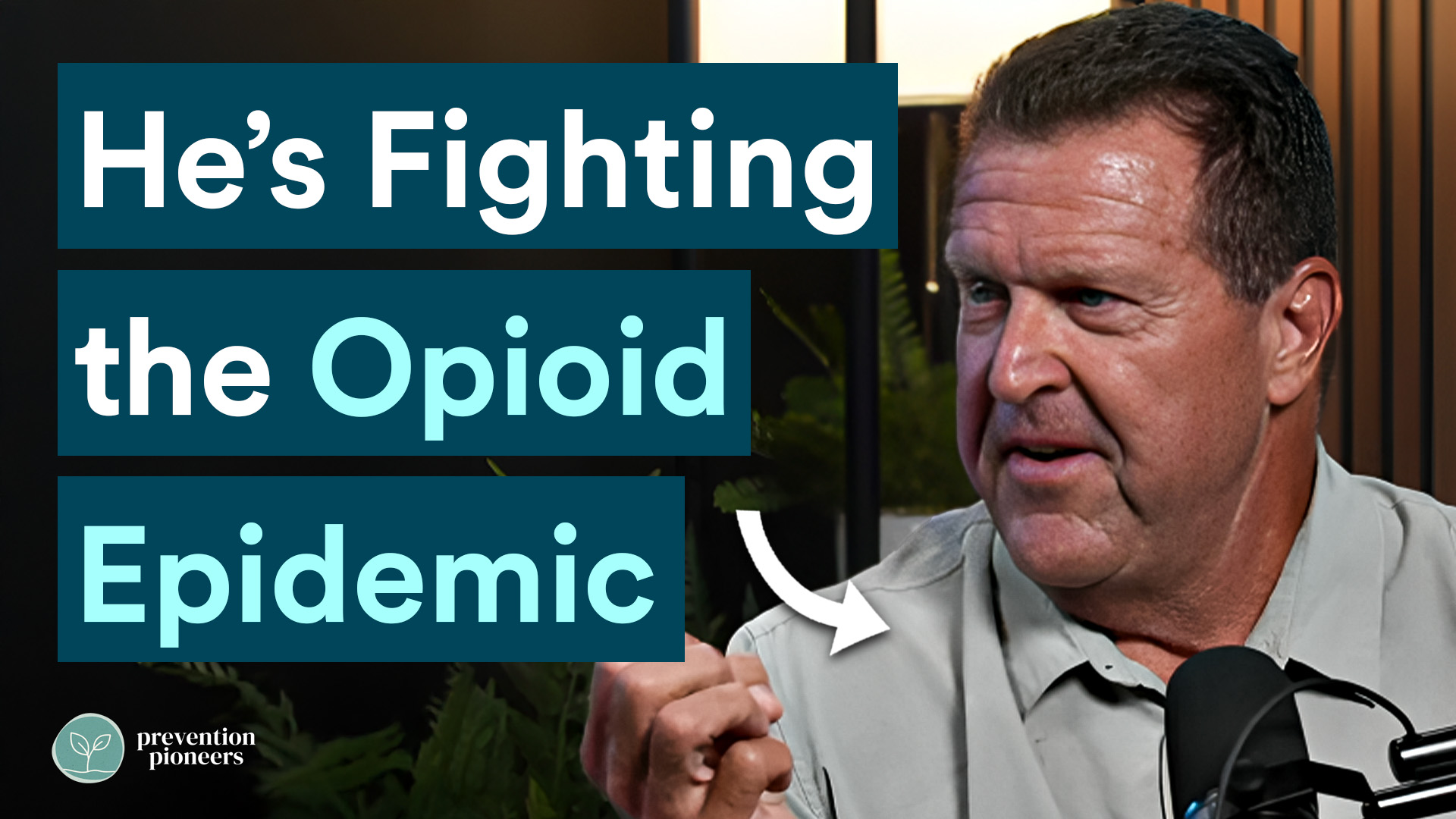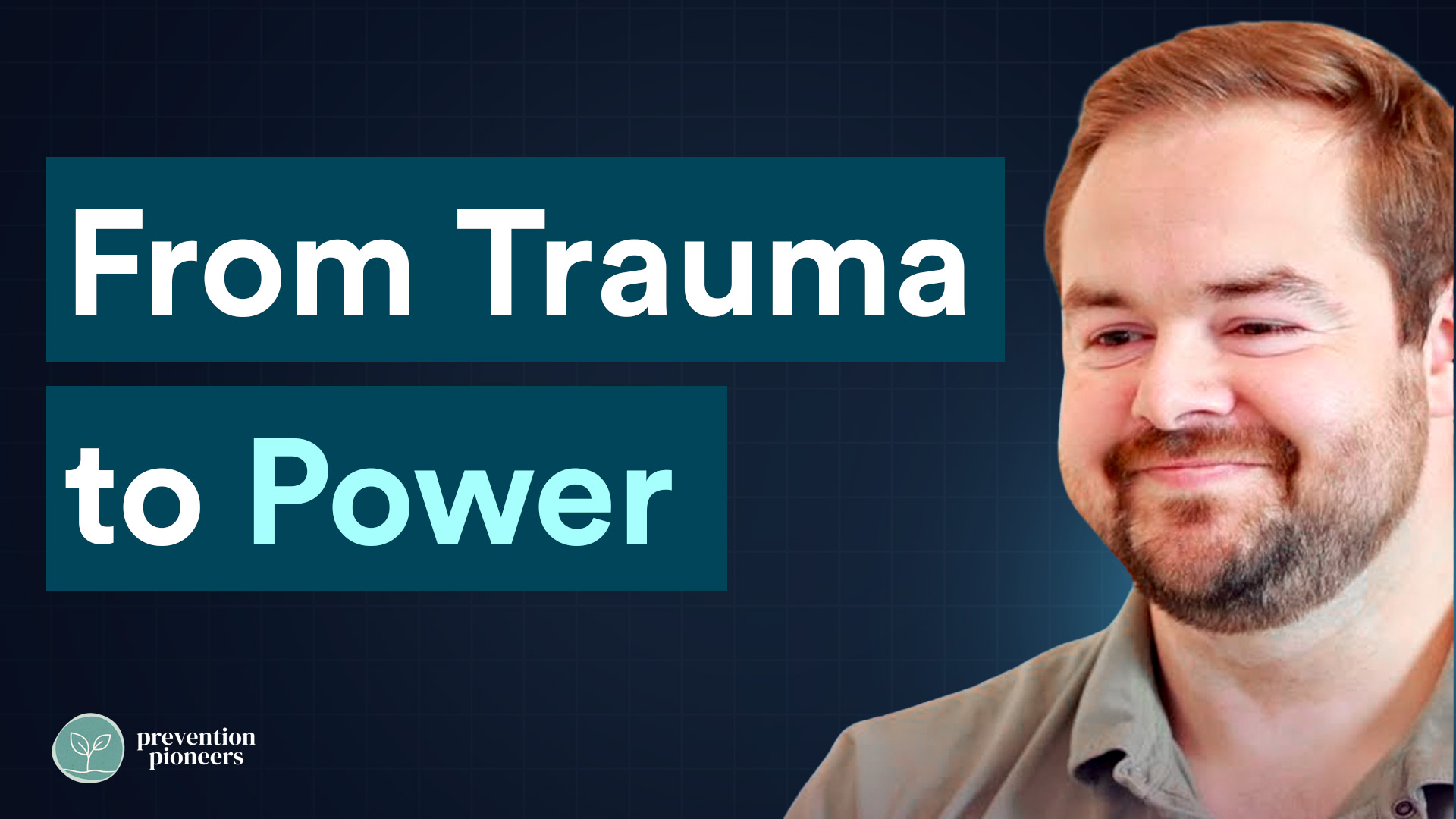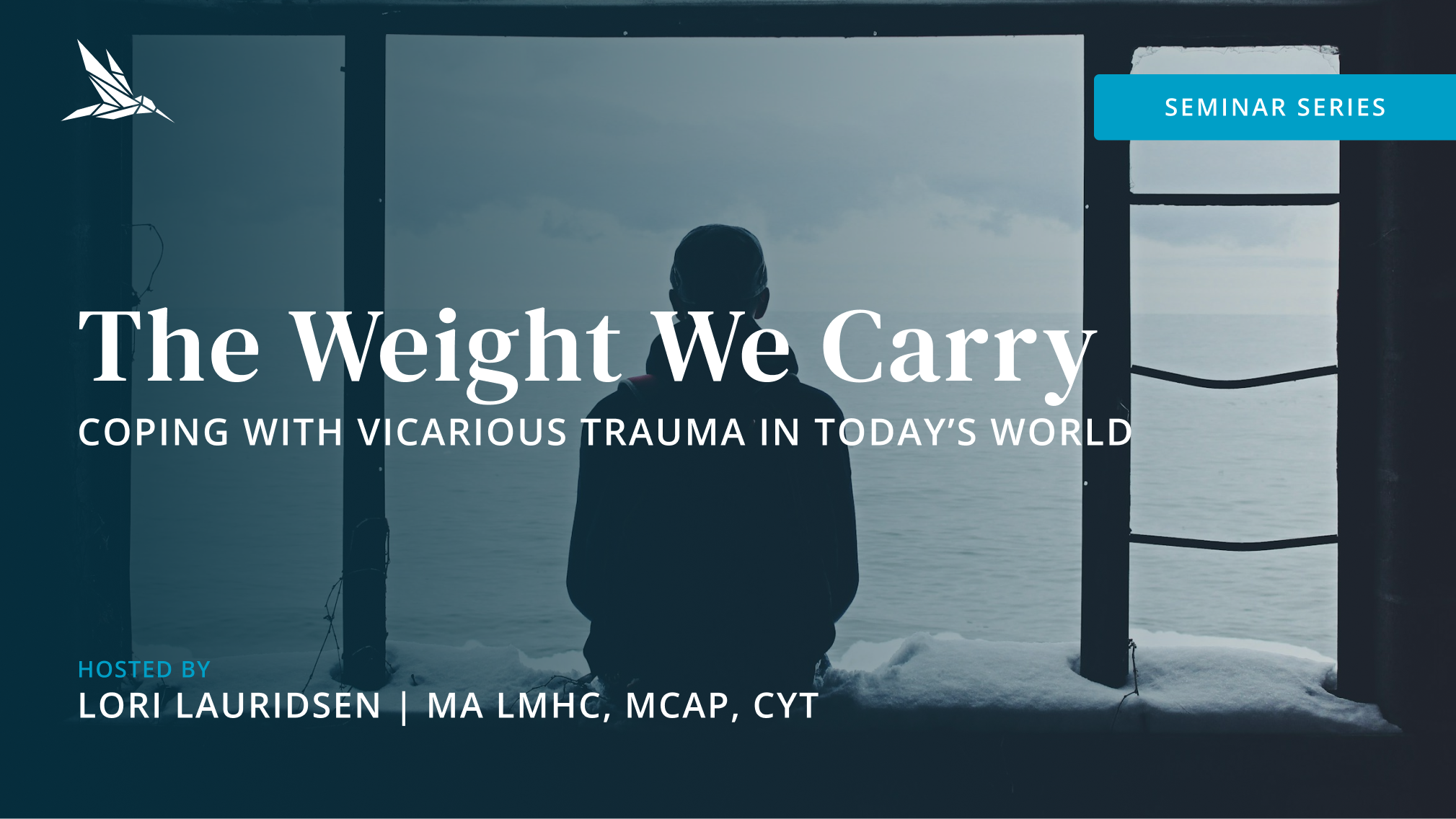How to Lead When the Stakes Are Life or Death

Leading when the stakes are life or death and everything around you is chaos is difficult, but not impossible.
And no one knows this better than our guest on the Prevention Pioneers podcast this week, the amazing Houston Park.
Houston is a true leader in the field of crisis management, he has spent decades leading teams through life-and-death situations, from his work as a firefighter and paramedic to his time consulting on disaster preparedness internationally.
He’s no stranger to high-pressure moments where every decision matters.
In this episode, he opens up about what it really takes to lead when the situation is chaotic and the risks are high. He also talks about his work in tackling the opioid epidemic, where he pioneered a program that combines Narcan with buprenorphine (Suboxone) to treat overdose victims.
Leading through chaos isn’t easy, but Houston’s approach highlights how preparation, mental resilience, and strong leadership can help guide teams through even the toughest challenges. His story is about more than just saving lives, it’s about supporting your team through high-stakes situations and preventing burnout.
Leading High-Level Prevention Efforts Nationwide and Globally
As a nominee for HHS Assistant Secretary of Preparedness and Response, Houston is positioned to influence national health policies and drive systemic changes in prevention efforts.
But his reach doesn’t stop there. Houston has also consulted internationally, training nations to prepare for and respond to catastrophic threats like chemical, biological, and radiological attacks. His work has been instrumental in preparing first responders and governments around the world to handle high-risk emergencies with precision and care.
Houston’s focus on prevention and strategic response to emergencies has helped save countless lives, not only by managing crises as they unfold but by ensuring communities are prepared well in advance.
Whether it’s preparing for natural disasters or combating global health threats, his work is now shaping the future of public health, crisis management, and prevention on both national and international scales.
What It Takes to Lead Through Chaos
Houston explains that being a leader in emergency services isn’t just about managing a scene or directing people, it’s about staying calm in the chaos, making quick decisions, and supporting your team through all the turmoil that comes with the job.
Great leadership isn’t just about having the technical skills, it’s about emotional intelligence, being able to read your team, and providing support when things get hard.
A New Way to Fight the Opioid Epidemic
Houston’s work in Palm Beach County is a perfect example of how he’s applied his leadership in a way that directly impacts public health.
He pioneered a program that helps treat opioid overdose victims immediately, right at the scene. What began as an innovative idea to address the rising number of overdose deaths has now become a nationally recognized model for tackling the opioid crisis.
By equipping first responders with the ability to do more than just reverse an overdose, this program has saved lives and provided real, long-term solutions for recovery.
Staying Compassionate Even in a Crisis
While Houston’s work on the opioid epidemic is a technical innovation, what stands out most is his focus on compassionate care.
When people are in crisis, whether from addiction or emergency trauma, they need more than just medical intervention, they need to feel seen and heard; most importantly, they need to be seen as human.
Treating people with respect and dignity, no matter the circumstances, is what makes all the difference.
You never know when you could change someone’s life.
Mental Health for First Responders
Another powerful part of Houston’s story is his work advocating for mental health support within the first responder community.
The emotional toll of the job often goes unnoticed, but it’s critical to address the trauma and stress that responders face. And this is exactly why behavioral health has to be prioritized just as much as physical health, particularly when it comes to handling trauma, PTSD, and burnout.
Final Thoughts
Houston’s story is a powerful reminder that leadership is more than just a title, it’s about how you show up in the most challenging moments, how you care for your team, and how you make decisions that have lasting impacts.
We discuss all of this in more detail in this episode, so make sure to tune in if you want to catch the whole conversation!


